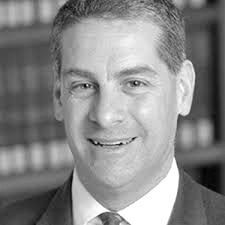Let me make the songs of a nation, and I care not who makes its laws.
—“>Deborah Schloss has “>Ilana Pardes of Hebrew University calls a Biblical “counter-tradition” pitting a feminine – and perhaps feminist – voice against male domination.
Thus, while we can understand the Tanach to be the word of God, or the words of divinely inspired people, the Song of Deborah also helps us understand it as an artifact of popular culture. Songs like Deborah’s form the heart of such popular counter-traditions. Subordinated (and thus often illiterate) groups tend to express their culture orally. The Song of Deborah thus may also be compared to slave spirituals, or blues.
If it is amazing that Deborah is there at all, we can wonder about – and mourn — the popular traditions that did not make it into the canon. Canadian philosopher Leonard Angel did this one better. In 2010, he published “>Devra Kay and “>Leah Horowitz (1680-1755). Horowitz’ achievement as a liturgist, Talmudist, and Kabbalistic scholar would be impressive in any century: for a woman in the 18th it comes close to miraculous – much like Deborah’s achievement as judge and prophetess.
“>In Kay’s rendering, we pray:
On this day,
From the purity of
Your Divine Presence
You created for the world
Great and good and pure light,
So the world,
And everything in the world,
All those in Heaven,
And on earth,
Would benefit from that light.Then you saw
With great clarity and insight,
That creation was not worthy
To benefit from this holy and dignified light,
So you divided it, and lifted
The greater light
Into the concealment of the next world,
For the benefit of those who worship You,
And fear and love Your Name
With all their heart….[L]et us know the magnificence
Of the holiness of Your Name
For in Your light shall we see light.
In honor of Deborah and her generations of daughters, it is high time to integrate tkhines into the liturgy. Much of the traditional prayer book comes not from scripture but rather from later poems and hymns without any overwhelming liturgical value. (I like “>Pharaoh’s Daughter.We should study them as we would study any sacred text, such as the song in Haftarat Be-shallah. For when they were composed, the Shekhinah dwelt within their authors, as it dwelt in Deborah on Mount Tabor.























 More news and opinions than at a Shabbat dinner, right in your inbox.
More news and opinions than at a Shabbat dinner, right in your inbox.